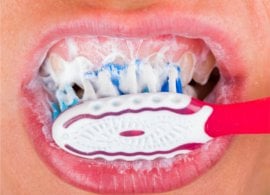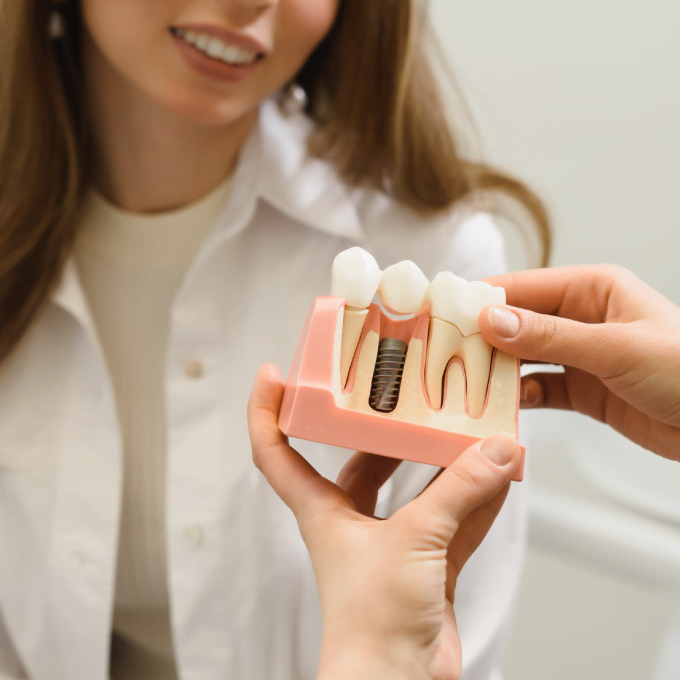The stages of gum disease and how to prevent it
As with the rest of your body, looking after your teeth is extremely important. A poor dental care routine can lead to a number of problems, one of which is gum disease.
What is gum disease?
Gum disease occurs with the inflammation of your gums, which eventually can progress to affect the bone that surrounds and supports your teeth.
If not treated early enough, the teeth can become loose, fall out, or have to be removed by a dentist due to the lack of support from bone and gum tissue.
The bacteria in plaque are essentially the cause of gum disease. Over time, the plaque can build up and bacteria spreads, infecting not only your gums but also the gum tissue and bones around your teeth.
This plaque and bacteria can only be removed through daily brushing and flossing – a must in anyone’s oral hygiene routine.
Symptoms include:
- Red, puffy, swollen gums
- Bleeding gums during brushing or flossing
- Receding gums
- Gums that have pulled away from your teeth, creating a pocket
- Constant bad breath or bad taste in your mouth
The stages of gum disease
Stage one
The earliest diagnosis of gum disease starts with gingivitis. This is where your gums become inflamed as a result of plaque build up at the gum line. Symptoms may include bleeding during brushing and flossing – and if you suffer from any of these it’s important to take action before the disease develops.
Action: Up your dental care routine at home to prevent the development of the disease, as the bone and connective tissue that hold the teeth in place are not yet affected.
Stage two
Unfortunately, by stage two, periodontitis, the damage to your teeth and gums is irreversible. Bone and tissue that hold your teeth in place are already damaged and plaque can easily build up in the new-formed pockets that develop below the gum line.
Action: Advice and treatments from your dentist will be able to prevent more damage from occurring. Action must also be taken at home, ensuring you keep up a good dental care routine.
Stage three
Up to 15% of adults in the UK are estimated to suffer from stage three of gum disease, severe periodontitis. Even more are affected less severely with earlier stages of periodontitis and gingivitis.
At this stage, teeth can shift or loosen – affecting your bite and potentially leading to loss of teeth.
Action: While little can be done at this point, there are various treatments that may help to save your teeth and prevent further damage from occurring.
Preventing gum disease
While we’re emphasised the key action points above, there are a few things you can do to prevent gum disease occurring in any form:
Keep up a good dental care routine by brushing twice a day and flossing daily. This will prevent bacteria and plaque from building up in your mouth.
Book an annual or bi-annual appointment with your dentist’s hygienist.
A hygienist will give your teeth an intensive clean by scaling your teeth to remove plaque that has built up and hardened into tartar.
Maintain your dental check-ups. We recommend you come in every six months for an appointment. This way, if you do have any problems they can be detected and treated early.








 Dentures
Dentures
 Dental Implants
Dental Implants
 Braces
Braces
 Teeth Whitening
Teeth Whitening
 Smile Makeover
Smile Makeover